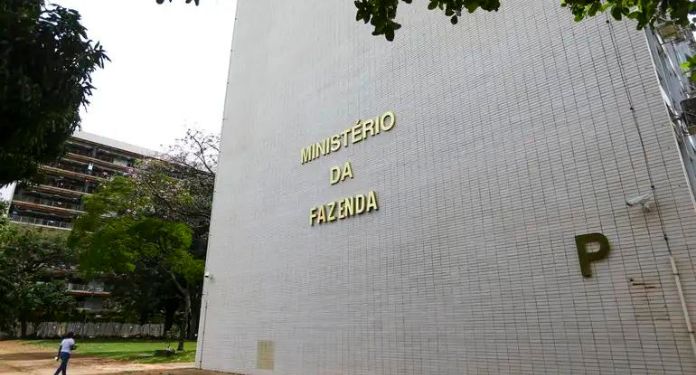The online sports betting scenario in Brazil has been marked by significant advances, mainly with the recent legalization of four bookmakers. Popularly known as “bets”, this accreditation was granted by the government of the state of Rio de Janeiro.
But the case represents a turnaround in relation to previous court decisions and new legislation in the sector, according to Folha.
4 bookmakers are already accredited in Rio de Janeiro
The model adopted by the Rio de Janeiro Lottery (Loterj) has generated controversy in several states and the federal government.
The Ministry of Finance stated that it is evaluating measures to be taken, however, to date, it has not taken any concrete action in this regard.
Under the command of Minister Fernando Haddad, the department is responsible for federal regulation of the betting market. Thus, last year, the federal government issued a provisional measure that was later converted into law, establishing guidelines for the accreditation of bookmakers and taxation rules.
Although Jair Bolsonaro’s government had four years to regulate the market, this did not happen and bookmakers were multiplying.
Then, a decision by the Federal Supreme Court (STF) in 2020 boosted the operation of state lotteries, which are also advancing in the online betting format.
Rio de Janeiro, which has had a lottery since 1975, and Paraná are the most advanced states in this type of accreditation, followed by Paraíba and Maranhão.
The five companies accredited in Paraná currently operate only within the state and have geographic restrictions for users. However, this restriction does not apply to bookmakers in Rio de Janeiro.
The companies accredited in Rio de Janeiro are:
- Apostou.com
- Bestbet
- Marjosports
- Pixbet
But three others are in the accreditation process: 1XBet, Lema and Laguna. The state has a deadline for new accreditations, which ends at the end of this month.
Accreditation in Rio is easier
To be accredited in Rio de Janeiro, companies must pay a grant of R$5 million, in addition to percentages on bets. This amount is significantly lower than that required in the federal process, which is R$30 million.
Loterj stated, in a statement, that it maintains dialogue with all spheres of the public and private sector, in addition to control bodies, aiming for a federative and democratic environment.
In the companies’ accreditation notice, Rio determined that bets must simply inform that they carry out betting operations in the state. In other words, there is no need for any geographic restrictions for bettors.
A rectification of the notice in July last year made this change, one day after the issuance of the federal provisional measure that became law.
Despite questions about this change, including those from Caixa Econômica Federal, Loterj argued that it was prioritizing revenue potential. Thus, Caixa, in turn, highlighted that the exploitation of games must observe territorial limits.
Rio de Janeiro’s position is seen as potentially destabilizing the market, potentially causing judicialization and fiscal war, according to people involved in the process within the government and linked to companies seeking to become accredited.
So, in recent months, the Ministry of Finance received representatives from nine states who expressed concern about the release allowed by Rio.
Betting Secretariat remains without a head
In this way, Centrão politicians have been putting pressure on the Ministry of Finance to have some control over the betting house accreditation processes. The president of the Chamber, Artur Lira, and the Minister of Sports, André Fufuca, lead the pressure.
Rumors credit the dismissal of José Francisco Manssur from Fazenda, precisely to this pressure. Manssur was being considered to take over the new Betting secretariat at the ministry, but there is still no incumbent.
The sector should soon complete full regulation, directly impacting the way betting is carried out and regulated in the country.




